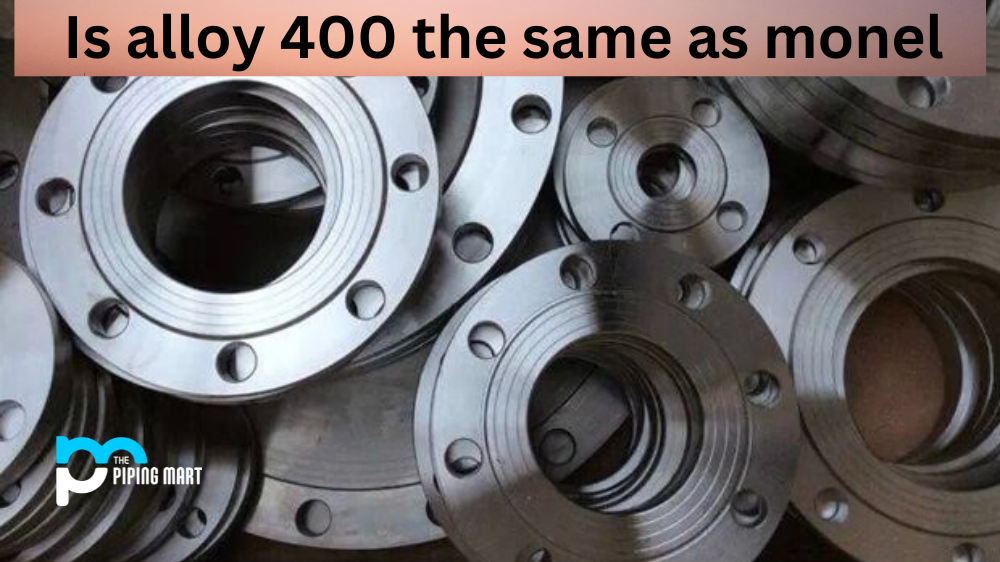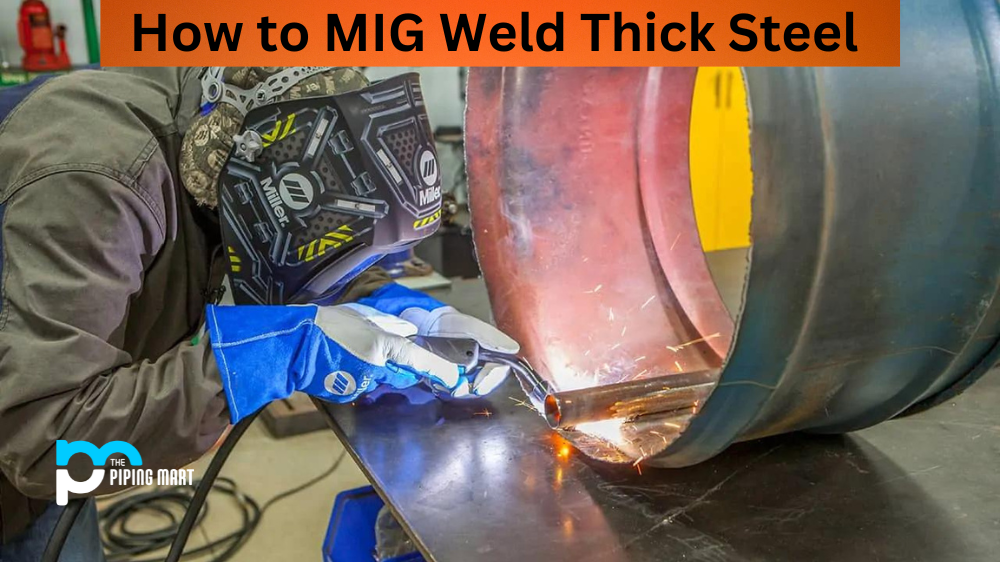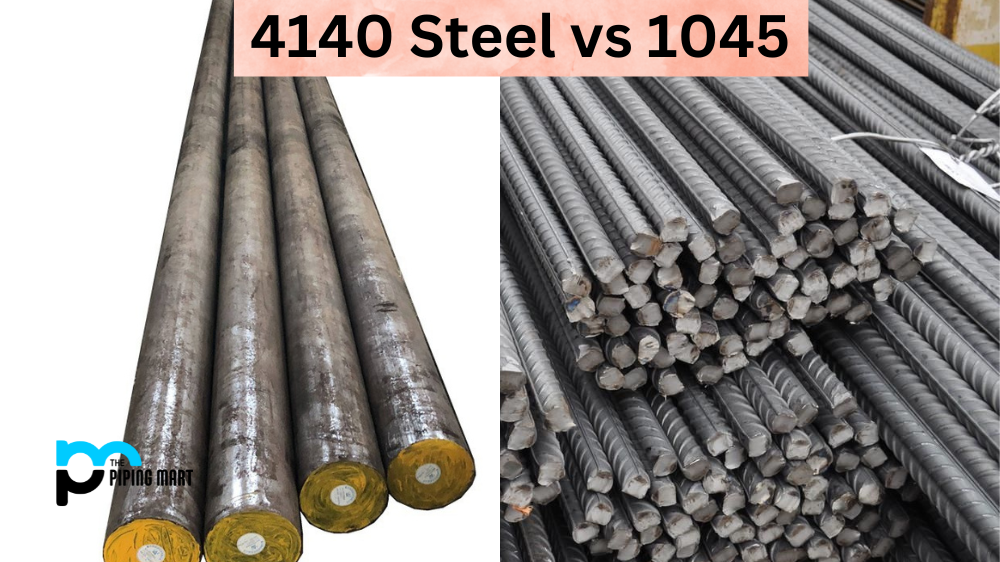If you’re working on a project that requires high-performance metals, chances are you’ve heard of both alloy 400 and Monel. But what’s the difference between the two? In this blog post, we’ll break down what sets these metals apart and discuss the specific advantages they each offer. Intended Audience: Engineers and fabricators.
What is Alloy 400?
Alloy 400 is a nickel-copper alloy that offers good corrosion resistance in many applications. It also provides excellent mechanical properties such as strength, ductility, formability, weldability, and toughness. This makes it an ideal material for a wide range of applications, including power generation equipment, chemical processing equipment, marine engineering components, valves, pumps, and more. Because of its strength and durability, Alloy 400 can withstand high temperatures without compromising its performance.
What is Monel?
Monel is a nickel-copper alloy that was developed by Special Metals Corporation in 1901. It offers superior corrosion resistance to most other alloys in a wide range of environments, including seawater and steam systems. Monel also has outstanding mechanical properties, such as excellent strength at elevated temperatures and great fatigue resistance. This makes it an ideal choice for parts that need to be resistant to wear over time or require frequent use in harsh environments such as oil rigs or industrial machinery. Additionally, Monel remains malleable even at very low temperatures making it perfect for cryogenic applications.
Difference between Alloy 400 & Monel
The main difference between Alloy 400 and Monel is their specific compositions; while Alloy 400 contains only nickel (Ni) and copper (Cu), Monel contains additional elements like iron (Fe), manganese (Mn), silicon (Si), sulfur (S), carbon (C)and nitrogen (N). These additional elements give Monel improved corrosion resistance compared to Alloy 400 but come with a tradeoff; Alloy 400 will remain formable even at low temperatures, whereas increased amounts of iron in Monel make it harder to form at lower temps as well as more prone to cracking during welding projects. Additionally, because of its higher content of iron and other elements, Monel costs more than Alloy 400, which may be an issue for some budgets.
Conclusion:
For engineers or fabricators looking for high-performance metals for their projects, there are good reasons to consider both alloy 400 and monel, depending on the needs of your application or budget constraints. Both options offer good corrosion resistance but have different levels of mechanical strength depending on their composition; monel has better corrosion resistance than alloy due to its additional elements but may be harder to work with due to its higher content of iron, while alloy remains malleable even when cooled down to very low temperatures making it ideal for cryogenic applications where flexibility is key. Ultimately whether you choose alloy or monel will depend on your specific needs, so make sure you evaluate all factors before making your final decision!
Sakshee is a talented blogger, with a particular focus on the Business and Metal Industry. She is passionate about sharing her insights on various metal products and helping professionals to make a better decisions.




